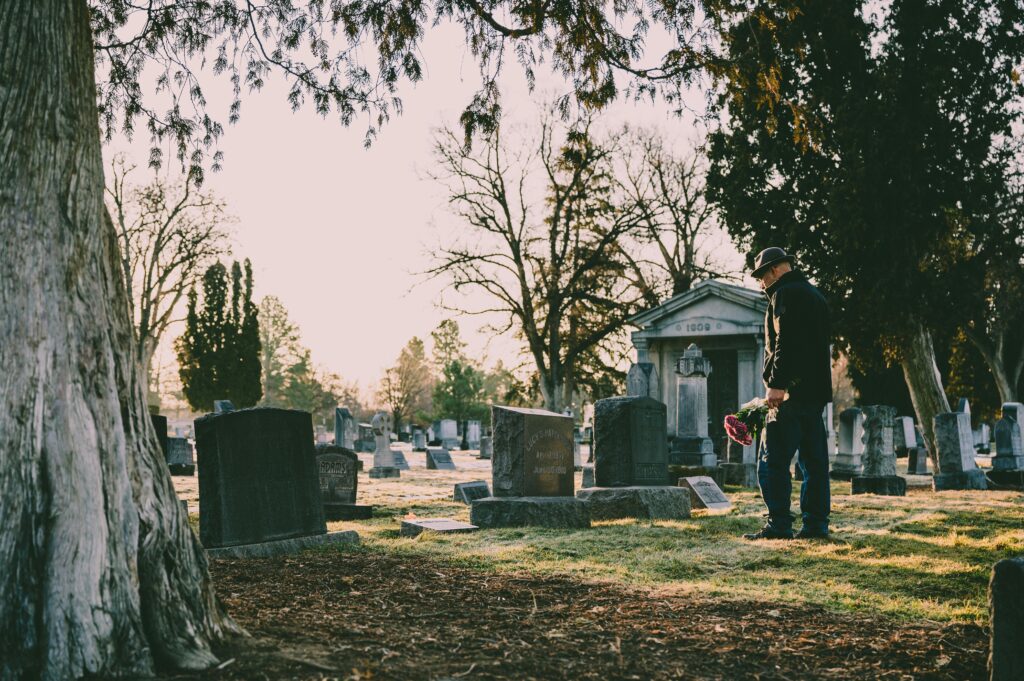Having a will is just the start of having an estate plan. Conversations with loved ones, plans for specific accounts, and preparing for life’s eventual end need to be done to spare families from years of strife, says a recent article, “Dues of Dying: Why death without a plan costs more money, time” from Fox34.com.
For one family, years of financial headaches and probate court problems made saying goodbye to their 73-year-old father far worse. Most people who die with assets of any size leave an estate, but without good estate planning, a court is in charge of how assets are distributed. The probate process protects assets from theft, greed-struck relatives, or people with no legal right to the estate. But the rules and requirements of probate are complex, time-consuming, and can lead to a world of trouble for heirs.
Probate laws are state-specific, so creating an estate plan with an estate planning attorney in your area is the best way to protect your estate.
The adult sons in this example thought their father’s estate would be easy to settle. He had taken some steps, including naming one brother as his executor. But what happened next wasn’t planned. All of the deceased man’s accounts were frozen, and the sons couldn’t pay any bills or access the accounts.
Real estate, bank accounts, and brokerage accounts were all titled in the father’s name, so everything had to go through probate. The distribution had to be done under the eyes of the court. Assets going through probate include real estate, stocks, bonds, mutual funds, investments, vehicles, and checking and savings accounts, to name a few.
Because the father hadn’t created a trust, all his assets were tied up in probate. Had any of his assets been moved to a trust, the assets in the trust would have gone directly to the sons without being delayed by probate. In recent years, probate has become more complex and time-consuming. Assets can’t be released until after the court finalizes probate. Banks today are more cautious, often refusing to release funds without a final court judgment.
Probate courts vary, so what takes six months to a year in one state can take up to two years in another. A local estate planning attorney will be familiar with your own jurisdiction and know what you can expect from an estate going through probate.
Another reason to use a trust is privacy. Once estate planning documents go into the probate process, they become public documents and anyone can see them. Everything in the will can become public, so it’s important not to include account numbers or financial details.
The solution is simple. Meet with an estate planning attorney in your area and go through the process of creating an estate plan, including a will, trust, and healthcare directives. You’ll enjoy peace of mind knowing you’ve done what was needed for yourself and your loved ones, and your family will be spared court delays, unnecessary costs, and stress.
Reference: Fox34.com (May 5, 2025) “Dues of Dying: Why death without a plan costs more money, time”
